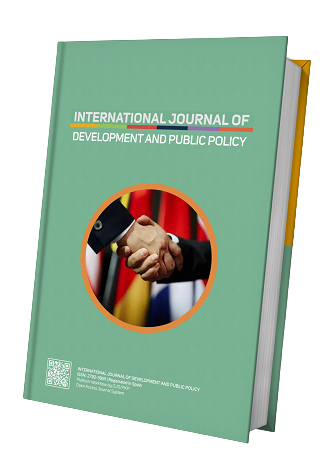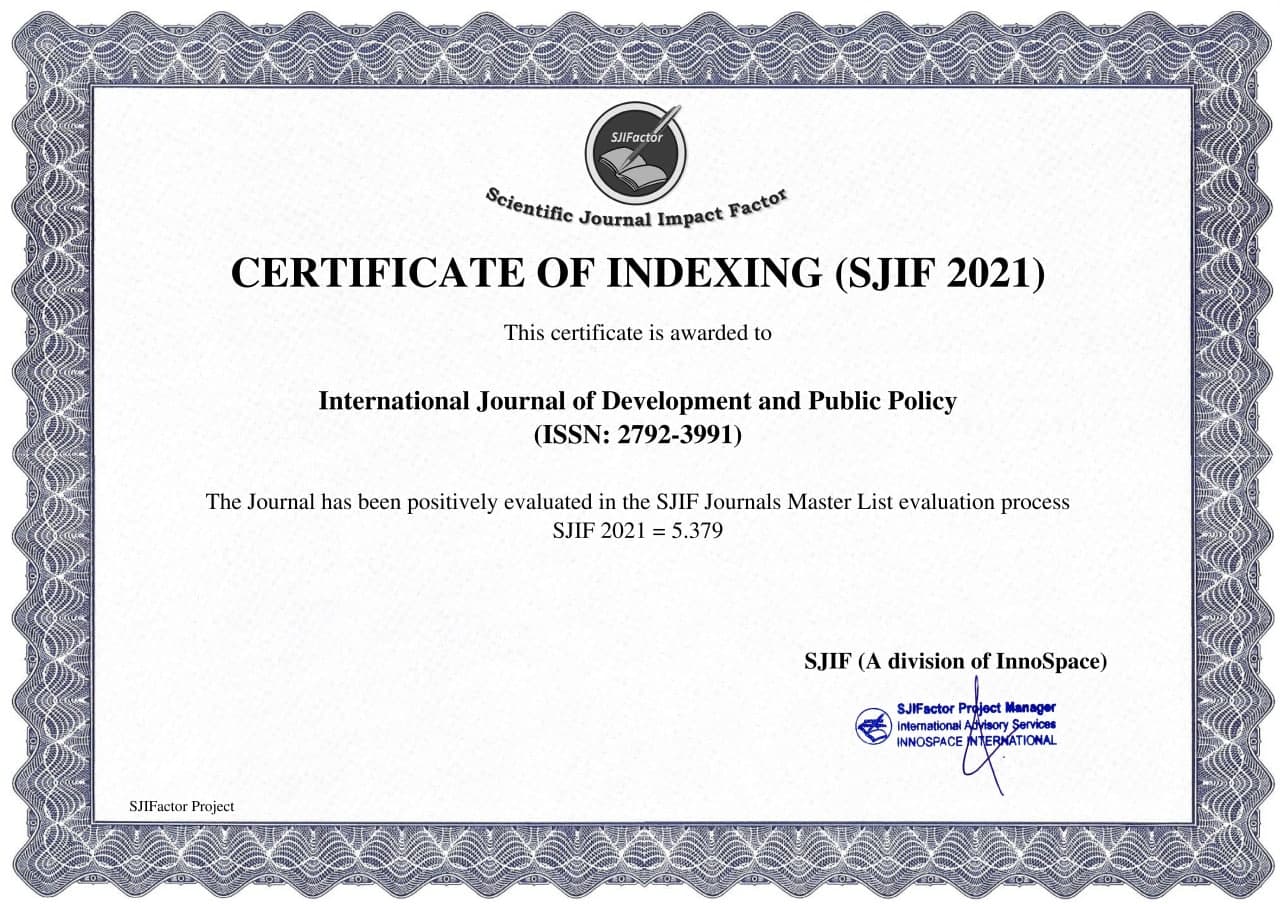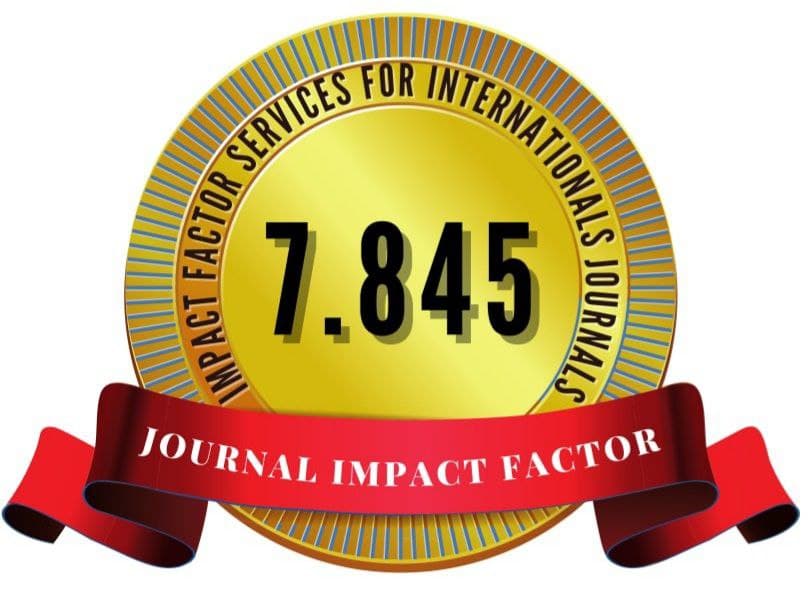Sociological Evaluation of Laws and Administration of Juvenile Justice System: A Study of Kaduna Borstal Institution
Abstract
Juvenile laws were made both locally and internationally to manage issues related to minors in that regard. This study seeks to evaluate the Laws and administration of the juvenile justice system in Kaduna State, Nigeria. The objectives of the study include discovering the existence of Juvenile laws, evaluating the application of Juvenile laws in the apprehension of suspected delinquents, application of Juvenile laws in the pre-hearing custody of suspected offenders, application of Juvenile laws in the hearing and disposition of suspected delinquents, application of Juvenile laws in the rehabilitation of juvenile offenders. Relevant literature materials were reviewed, and Rehabilitation theory and the theory of Reintegration were employed in this study. A quantitative method of data collection was adopted. The study found the existence of Juvenile Laws used in juvenile justice administration in Kaduna State, and most of the personnel are not familiar with juvenile laws, and they have not had any specialised training on issues concerning delinquent children; in conclusion, there are disagreements between the juvenile laws (CRA, etc.) and the practices of juvenile justice administration in Kaduna State because of the action or inaction of the agencies and personnel involved. The study recommended training all personnel in juvenile justice institutions on understanding juvenile laws. The government should provide adequate juvenile courts and employ judges trained to handle juvenile matters/cases in Kaduna State. The government should also provide an enabling environment for the rehabilitation of Juvenile Delinquents that will not give room for recidivism.






